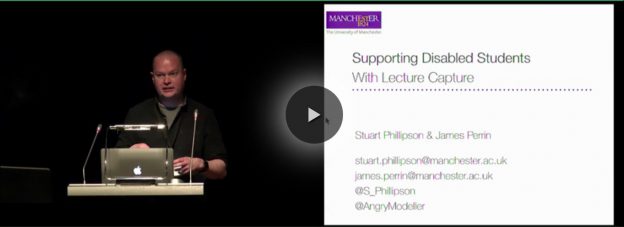As learners start back after COVID they will be entering a new hybrid teaching environment. Hopefully, much of it will be familiar and well within their experience and expectations, but there will be challenges, particularly for disadvantaged learners. This will be an ongoing process of developing more inclusive teaching environments that promise everyone the same […]


